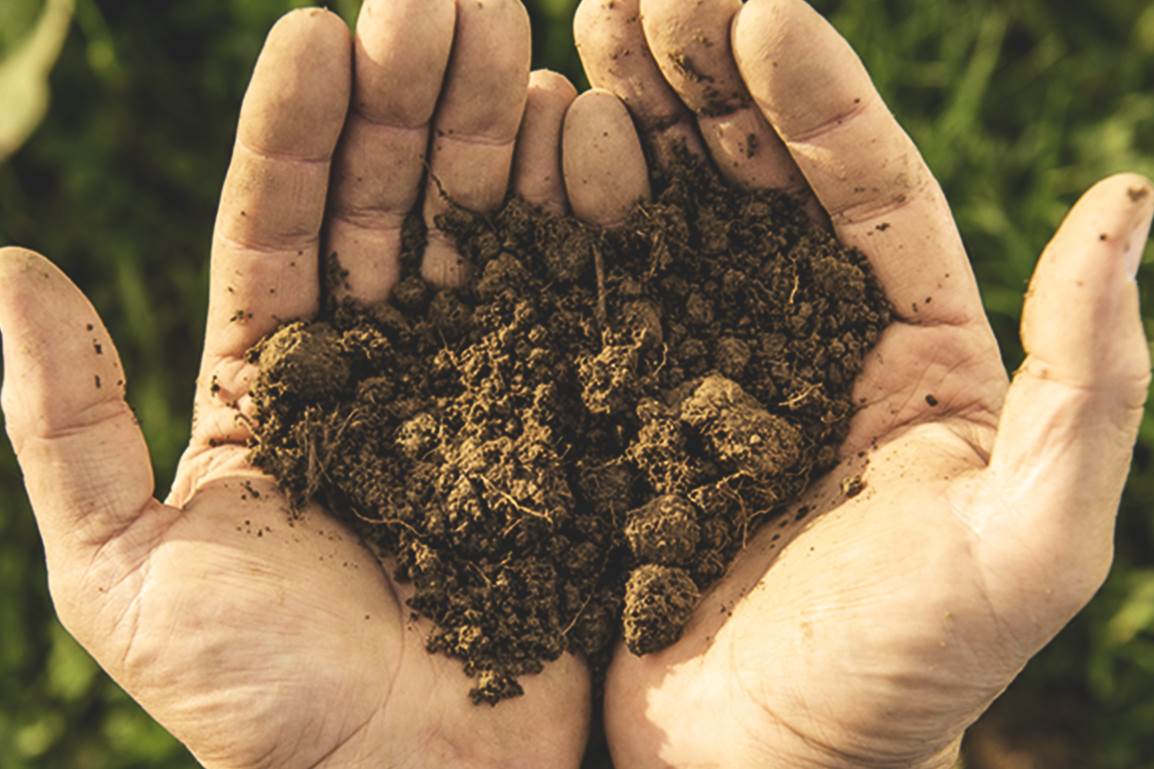Organic standard hopes to ‘heal broken agriculture system’

Farms must first hold US Department of Agriculture (USDA) organic certification, ROC then adds further criteria to ensure soil health, animal welfare, and social fairness. It claims to be the strictest of its kind.
The new certification also has three levels—bronze, silver, and gold. The levels require farms and businesses to phase in more rigorous regenerative organic practices over time.
It said: “ROA exists to heal a broken system, repair a damaged planet, and empower farmers and consumers to forge a brighter future through better farming. And the time is now: COVID-19 has quickly revealed the underlying risks and inequalities in the global food system. Many farmers, doctors, and scientists agree that fixing our broken food system and adhering to regenerative organic practices is one of the tools we have to improve human health.”
The ROA first established the Regenerative Organic Certified standard in 2018, then conducted a pilot program the following year to test the standard on real farming operations around the world.
“The journey to become Regenerative Organic Certified has been unique for each of our pilot program participants, with significant learnings along the way,” said Elizabeth Whitlow, executive director of the Regenerative Organic Alliance. “The success that these leading, regenerative organic businesses have achieved in only one year is proof that ROC is not only a viable and attainable certification, but that indeed we are shaping the future of agriculture supply chains and consumer demand for truly regenerative organic products. I look forward to growing the certification in the years ahead with many more brands.”
Birgit Cameron, head of Patagonia Provisions, added: “Growing food and fibre with industrial techniques and harmful chemicals is having devastating effects on human health and the health of our planet. This type of farming degrades soil, which over time reduces our ability to grow healthy crops and contributes to the loss of topsoil and water-limited resources we can’t afford to waste. Switching to Regenerative Organic practices builds healthy soil and draws even more carbon back into the ground, turning our agricultural system from problem to solution.
“There has never been a more important time to engage in our mission to save our home planet through agriculture, food and health. We have seen a groundswell of enthusiasm and support for all the farmers, ranchers, fishers and producers moving in this direction together.”
Photo credit: Alexander Farms










